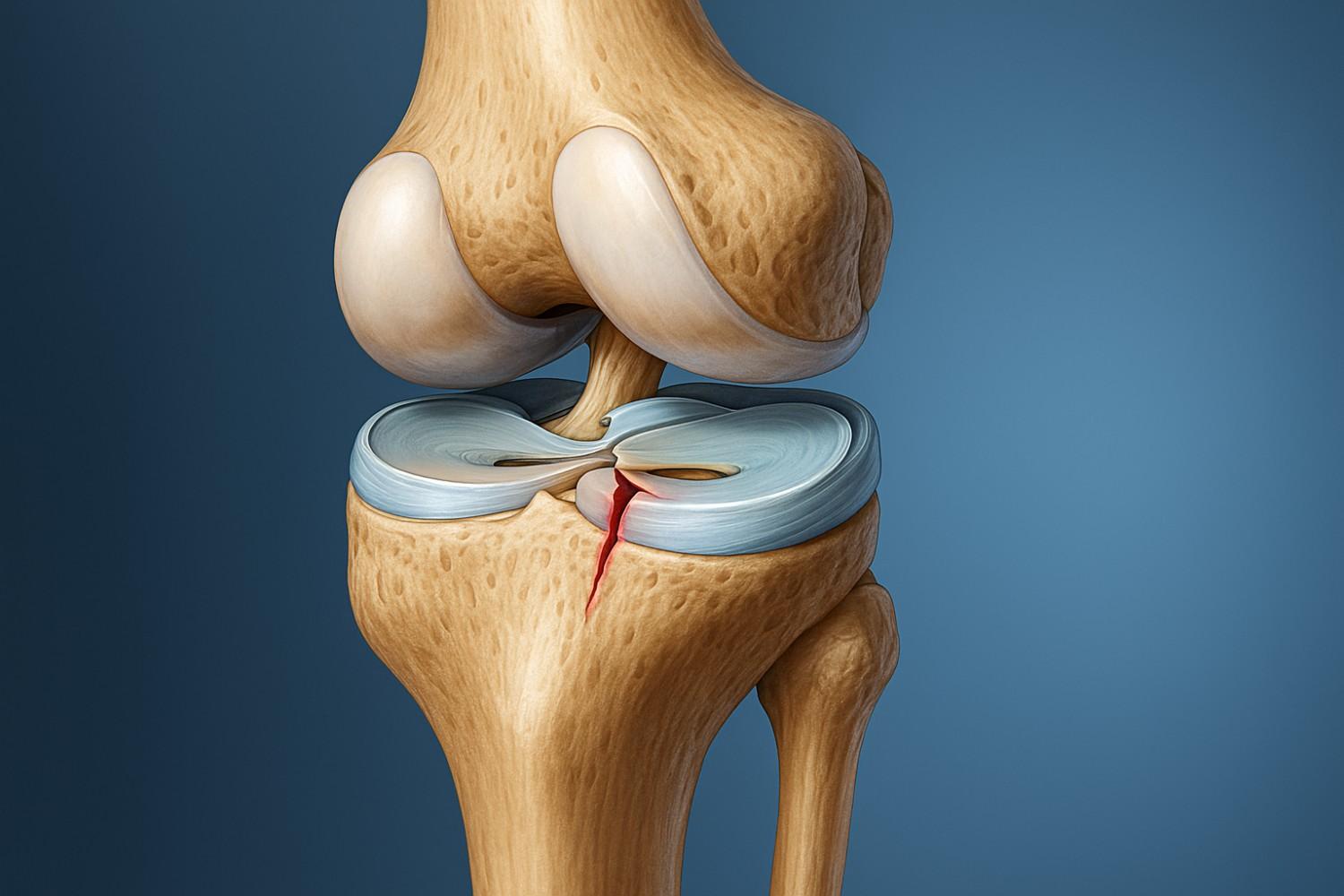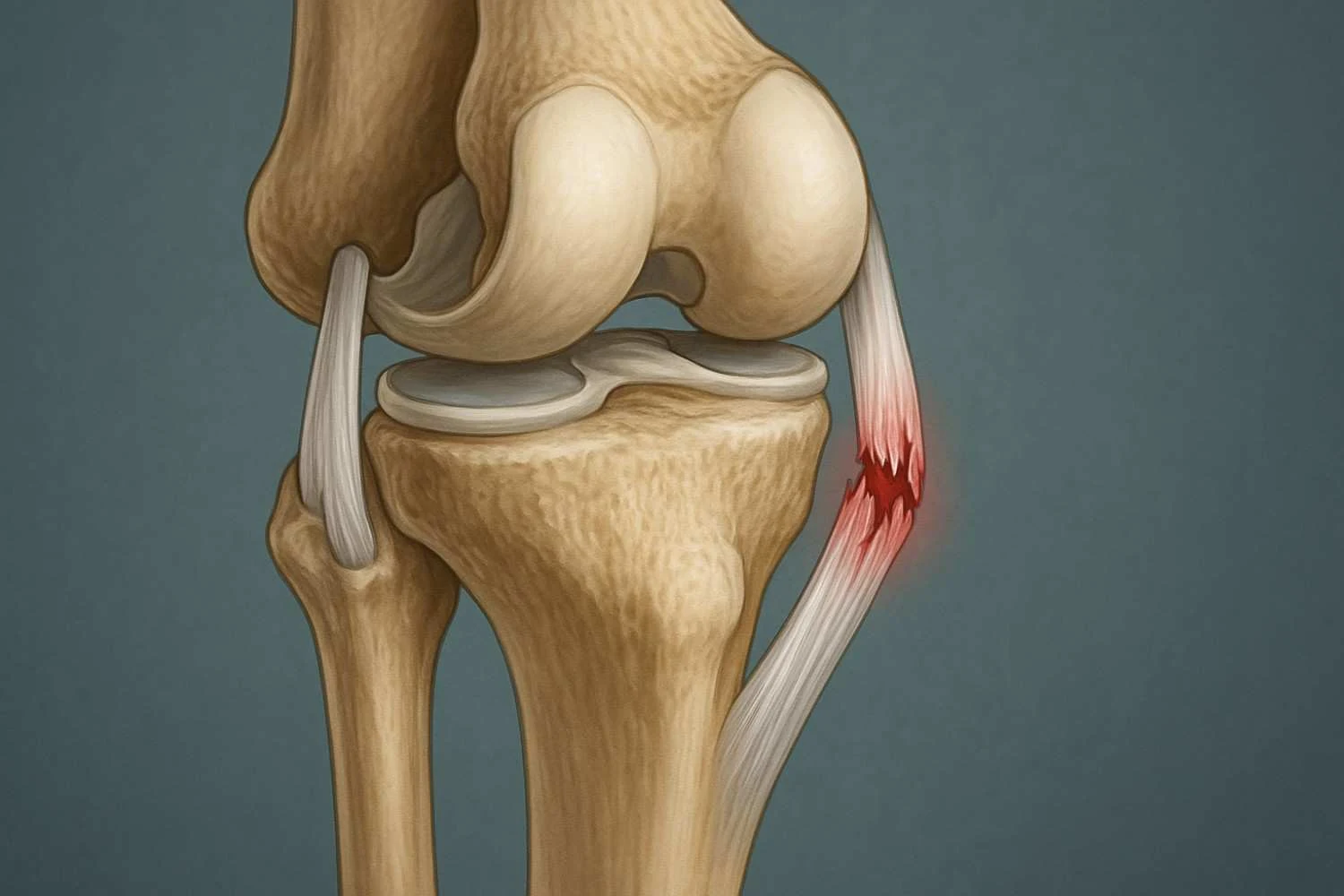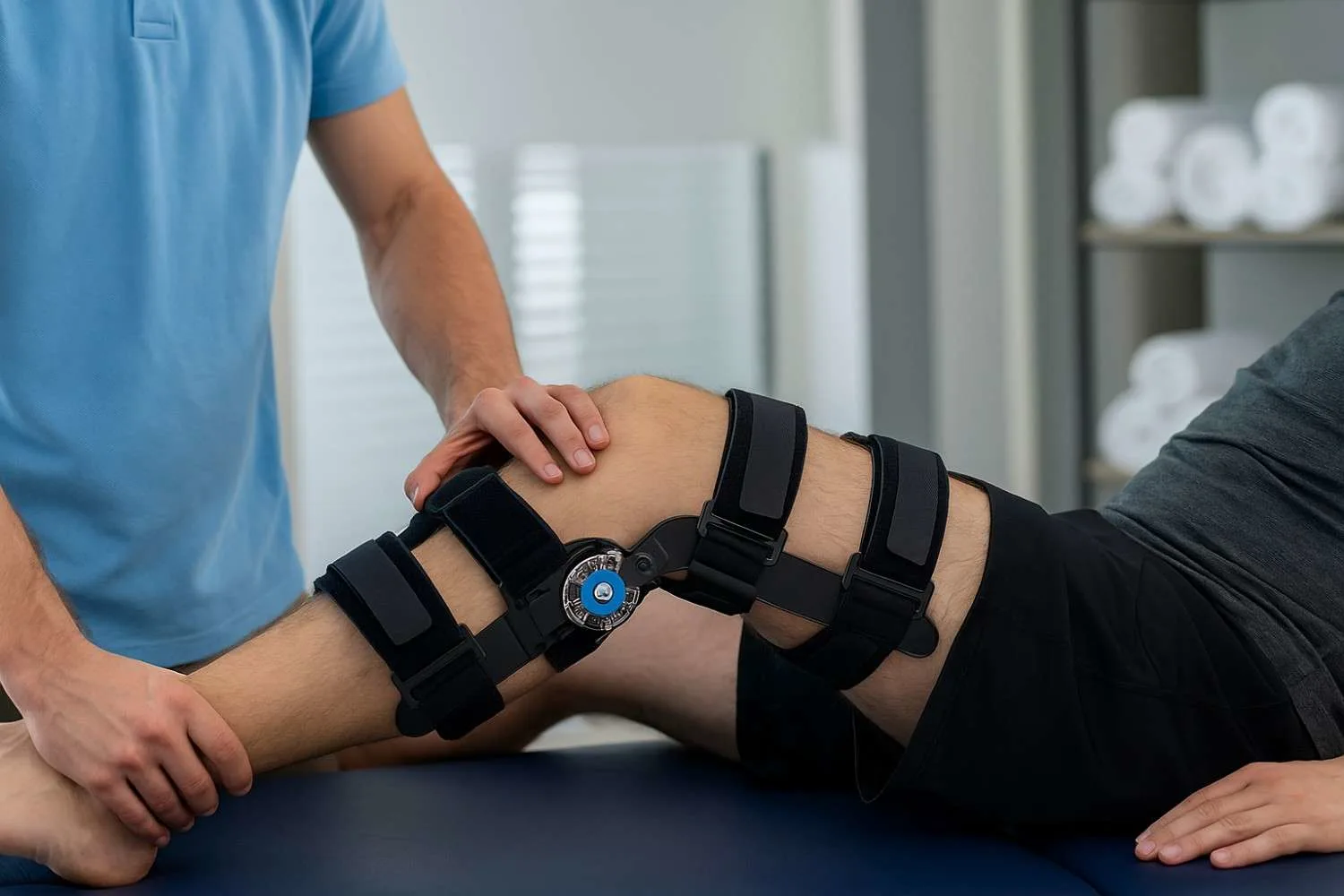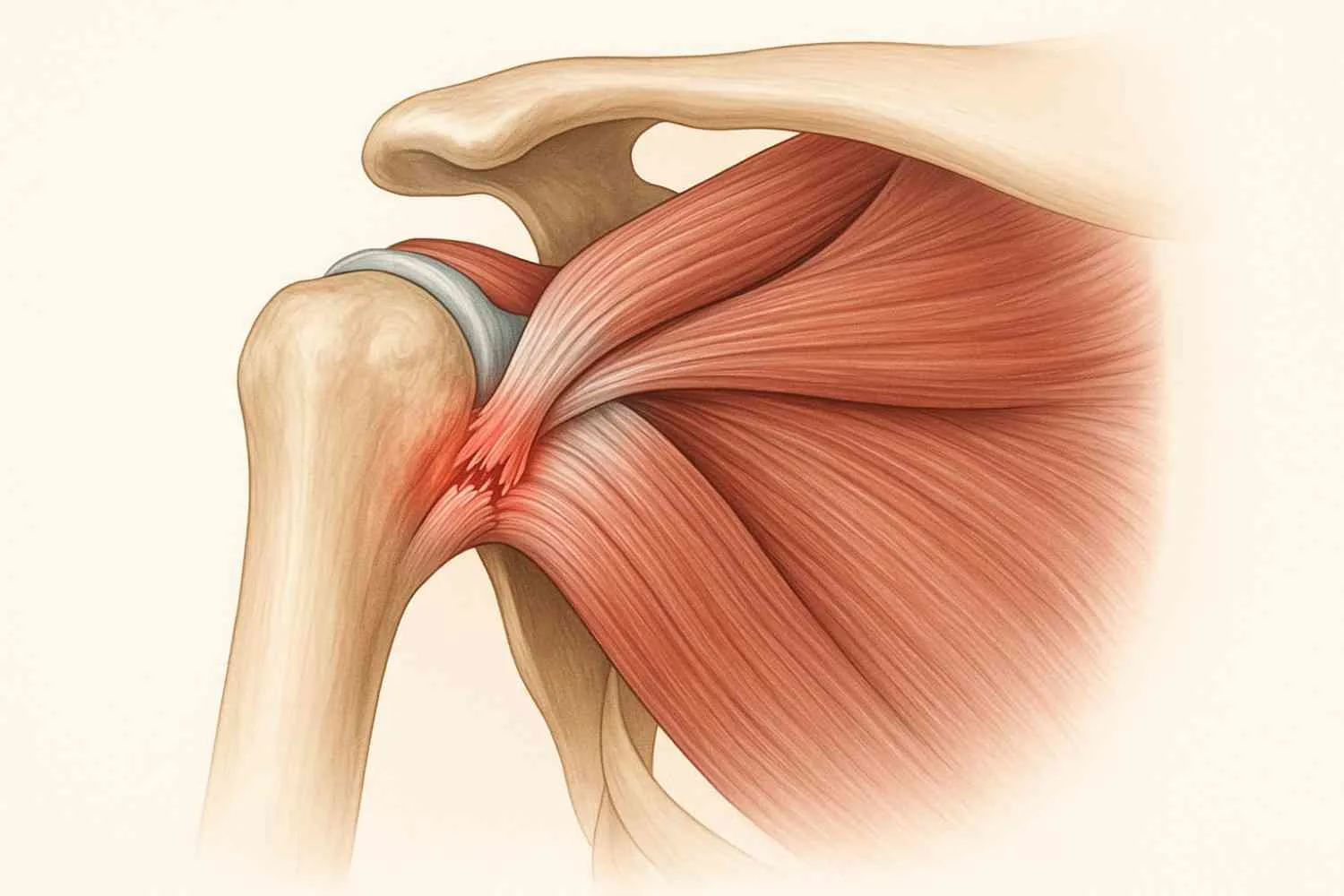




Author: Dr. Garima Bishwas
WOMEN HEALTH 0
Becoming a parent is a beautiful transition—and like all big transitions, it feels smoother when you’re informed, supported, and prepared. That’s exactly what normal delivery preparation classes in Delhi NCR offer. Whether you’re in Delhi, Noida, Gurgaon, Ghaziabad, or Faridabad, the right antenatal classes in Delhi NCR can help you understand your body, build confidence, and learn practical skills that support a natural birth.
Below, you’ll find a complete guide to what these classes are, how they help, what to expect in a typical curriculum, and how to choose the right option for your needs.
What are normal delivery preparation classes?
Normal delivery preparation classes—also called childbirth education classes, prenatal classes, or prenatal care classes—are structured programs led by trained childbirth educators, physiotherapists, or healthcare professionals. They focus on mind–body tools that support physiological (vaginal) birth, including breathing, relaxation, positioning, pelvic mobility, and evidence-informed labor strategies. Many programs include partner coaching, so your birth companion can actively support you through contractions, transitions, and delivery.
Why antenatal classes matter for expecting mothers in Delhi NCR
Delhi NCR is busy and high-paced. Many expecting parents juggle long commutes, desk jobs, and a flood of online advice. Antenatal classes in Delhi NCR give you a grounded, local, and credible learning space to replace guesswork with guidance. You’ll learn what’s normal, what’s not, and when to seek help. You’ll practice techniques that actually translate into the labor room—especially important if you plan a normal delivery at a Delhi or NCR hospital.
Benefits of joining local classes for natural childbirth
-
Local instructors know the hospital protocols and common practices in Delhi NCR.
-
You’ll make connections with other parents delivering around the same time—instant community support!
-
In-person coaching improves technique and accountability (especially for exercises and breathwork).
-
Easy access means you’re more likely to complete the course and keep up with practice between sessions.
Benefits of Normal Delivery Preparation Classes
1. Reduced fear and anxiety
Understanding the stages of labor, what contractions feel like, how to cope, and how decisions are made (induction, augmentation, analgesia) helps transform fear into focus. Classes demystify birth and put you in an informed, collaborative role with your medical team.
2. Breathing, relaxation, and pain management
You’ll learn specific patterns—like slow nasal breathing, paced exhalations, humming, and “breath ladder” techniques—to ride each contraction rather than fight it. Relaxation scripts, visualizations, counterpressure, heat/cold therapy, and massage help your nervous system stay calm and your pelvic floor stay responsive.
3. Guidance on nutrition, exercise, and lifestyle
From iron-rich food ideas to fibre and hydration tips for constipation, your instructor will cover day-to-day choices that support stamina and recovery. Exercise guidance includes trimester-wise modifications, pelvic floor work, and strength routines that help with posture and back pain.
4. Partner participation and emotional support
Partners learn hands-on tools: how to time contractions, suggest position changes, offer hip squeezes, and advocate for your preferences. Emotional support lowers the perception of pain and reinforces your sense of safety—key for a smoother, natural labor.
5. Confidence for a smooth, natural delivery
The biggest shift is internal. Practice builds confidence, and confidence reduces tension. Less tension = better oxygenation, better hormonal flow, and often better progress in labor.
What to Expect in Normal Delivery Preparation Classes
While every provider has a unique style, most pregnancy classes for normal delivery in Delhi NCR cover these pillars:
1. Breathing and relaxation exercises
-
Foundations: diaphragmatic breathing, 4–6 count exhalations, jaw–pelvic floor connection.
-
Labor-specific tools: active labor breath, transition breath, “down-breath” for bearing down (when guided by your provider).
-
Relaxation: progressive muscle relaxation and guided imagery to lower adrenaline and encourage oxytocin.
2. Pelvic mobility & strength training
-
Pelvic floor: both activation and relaxation (equally important). Think gentle Kegels paired with full releases, perineal awareness, and coordinated breath.
-
Mobility: cat–cow, hip circles, deep supported squats (as tolerated), lunges, thoracic rotations—all scaled for trimester and comfort.
-
Strength: glute bridges, wall sits, band pulls, and functional moves to prepare for the “marathon” of labor and newborn care.
3. Understanding labor and delivery
-
Stages of labor: early, active, transition; what each feels like; when to go to the hospital.
-
Interventions: induction, augmentation, membrane sweep, pain relief options (including epidural), and how they interact with a plan for normal delivery.
-
Positions for labor and birth: side-lying, hands-and-knees, supported squat, lunge, and upright positions that use gravity and optimize pelvic dimensions.
-
Pushing: coached vs. spontaneous pushing, perineal support strategies, and listening to your body.
4. Postnatal care and newborn handling
-
Recovery basics: perineal care, managing soreness, bladder/bowel habits, red flags to watch for.
-
Breastfeeding basics: latch positions, early feeding cues, normal cluster feeding patterns, and when to seek lactation support.
-
Newborn care: safe sleep, soothing techniques, burping, and bath basics.
5. Nutrition and wellness guidance
-
Trimester-wise nutrition: balancing protein, complex carbs, healthy fats, and micronutrients; maintaining iron and calcium intake; hydration strategies.
-
Lifestyle: managing desk work ergonomics (common in NCR), short walking breaks, and screen-time hygiene for better sleep.
Why Choose Classes in Delhi NCR
1. Experienced trainers and healthcare professionals
The region has a strong network of women’s health physiotherapists, childbirth educators, and lactation counselors. Many programs are run by practitioners who routinely collaborate with obstetric teams, ensuring your learning aligns with real-world delivery settings.
2. Accessibility across Delhi, Noida, Gurgaon, Ghaziabad, and Faridabad
With hubs sprinkled around South Delhi, West Delhi, Noida Sector 62/104, Golf Course Road and Sohna Road (Gurgaon), Indirapuram and Vaishali (Ghaziabad), and central pockets of Faridabad, you’ll likely find a class within a short commute—or a live online option timed for evenings/weekends.
3. Community and shared experiences
Local cohorts foster peer learning: swapping hospital bag tips, discussing Delhi-specific hospital protocols, comparing nursery setups in small apartments, and sharing vetted recommendations (ob–gyns, pediatricians, lactation consultants) across the NCR.
4. Customised programs for normal delivery
Several providers tailor sessions to normal delivery preparation classes in Delhi NCR, emphasizing mobility, pelvic alignment, and pain-coping skills. You’ll also find specialty add-ons like birth plan workshops, perineal massage tutorials, or VBAC-focused modules (as advised by your doctor).
Tips for Choosing the Right Normal Delivery Preparation Classes
1. Verify trainer qualifications
Look for credentials such as physiotherapy (MPT/BPT with women’s health focus), certified childbirth educator (e.g., Lamaze, CAPPA equivalents), doula training, lactation certifications (IBCLC/CLP), and years of experience with hospital births in the NCR.
2. Check class size and format
Small groups (6–12 families) allow personalised attention and technique corrections. If you prefer one-to-one support (or have specific medical considerations), ask about private or hybrid packages.
3. Review the curriculum
A solid childbirth education classes Delhi NCR curriculum should include:
-
Breathing and relaxation for each labor stage
-
Pelvic floor conditioning and release
-
Labor positions and movement strategies
-
Partner coaching and comfort measures
-
Nutrition, sleep, and stress management
-
Postnatal recovery, breastfeeding, and newborn care
4. Read reviews and ask for recommendations
Speak to recent parents in your apartment complex or office, check local parenting communities, and ask your obstetrician for referrals. Look for feedback on instructor responsiveness, practical drills, and how confident parents felt after completing the course.
5. Consider logistics and value
-
Location & timings: Evenings/weekends are ideal for working couples.
-
Access to resources: Handouts, exercise videos, WhatsApp support, or follow-up Q&As can be game-changers.
-
Trial classes: A short trial can help you gauge teaching style and comfort level.
Sample Normal Delivery Preparation Class Flow (What a 4–6 Week Program Might Look Like)
-
Week 1: Foundations
-
Anatomy, stages of labor, and hormones of birth
-
Core breathwork & relaxation basics
-
Trimester-wise nutrition & hydration checklist
-
Week 2: Movement & Mobility
-
Pelvic mobility drills, glute/core activation
-
Posture fixes for desk workers (very NCR!)
-
Partner: basic massage, counterpressure, and timing contractions
-
Week 3: Labor Positions & Pain Coping
-
Upright positions, hands-and-knees, lunge/squat variations
-
Heat/cold, TENS overview (if available in your hospital), vocal toning
-
Birth plan essentials & communicating preferences
-
Week 4: Advanced Techniques & Decision-Making
-
Transition strategies, when labor stalls, repositioning
-
Pain relief options & informed consent
-
Preparing your hospital bag for Delhi NCR hospitals
-
Week 5: Postnatal Recovery & Newborn Care
-
Perineal care, safe core reactivation, red flags
-
Breastfeeding latch & troubleshooting
-
Newborn basics: sleep, soothing, and safe handling
-
Week 6: Rehearsal & Q&A
-
Full labor rehearsal (with partner roles)
-
Review of breathing ladders and pushing cues
-
Final Q&A and personalised practice plan
Practical Tips for Normal Delivery Preparation Class You Can Start Today
-
Daily breath set: 5 minutes of diaphragmatic breathing twice a day.
-
Mobility snacks: Every hour, do 60 seconds of gentle cat–cow or hip circles if you sit long.
-
Walks: 20–30 minutes, most days, as advised by your doctor.
-
Hydrate smart: Keep a 1L bottle at your desk; add electrolytes if recommended.
-
Sleep ritual: 30 minutes of wind-down: warm shower, dim lights, phone off.
-
Perineal preparation: From ~34–35 weeks (if cleared by your provider), learn about perineal massage techniques.
-
Partner practice: Rehearse counterpressure and cue words so you’re in sync on “Game Day.”
Safety Notes & When to Seek Medical Advice
-
Always consult your obstetrician before starting or modifying exercise, especially if you have high-risk pregnancy factors (bleeding, hypertension, placenta previa, preterm labor risk, or any advised restrictions).
-
Stop any exercise that causes pain, dizziness, shortness of breath beyond normal exertion, or unusual symptoms.
-
Your birth team’s guidance always takes priority over general class tips.
Conclusion
Joining normal delivery preparation classes in Delhi NCR is one of the most empowering steps you can take during pregnancy. These prenatal classes in Delhi NCR teach you the how (breathing, movement, positions), the why (your body’s physiology and hormonal orchestration), and the who (your partner and care team working with you). With the right childbirth education classes Delhi NCR, you’ll replace fear with informed action, build physical readiness through smart exercises, and gain the emotional support to move through labor with confidence.
If you’re based in Delhi, Noida, Gurgaon, Ghaziabad, or nearby, consider enrolling early so you can practice consistently and personalise your toolkit. Your birth is unique, but preparation is universal: learn, rehearse, and show up to the big day ready, supported, and self-assured.
-
Frequently Asked Questions






























.webp)





.jpg)

































